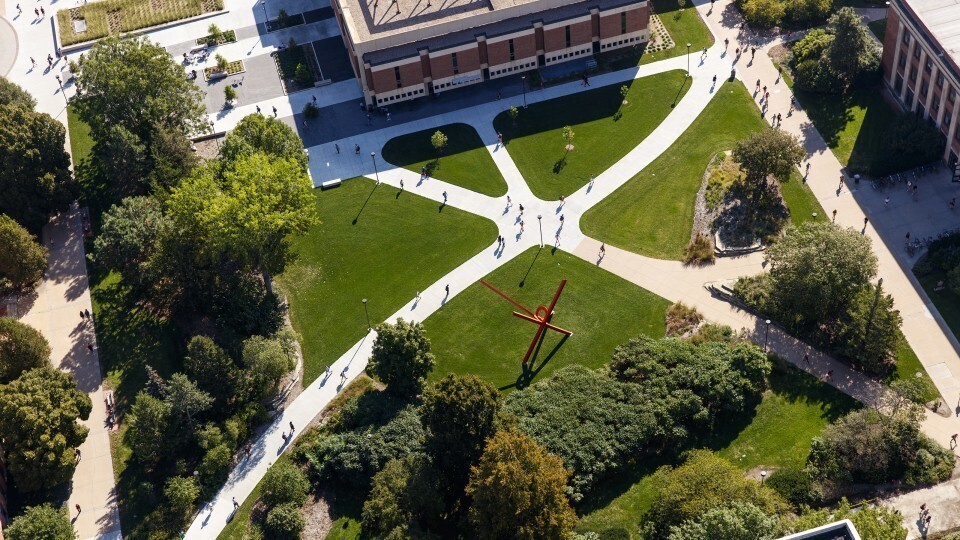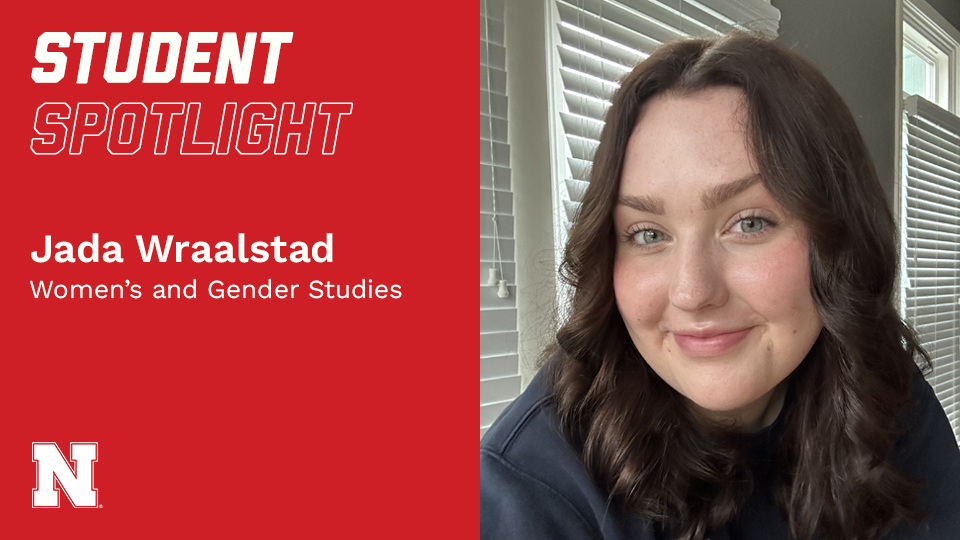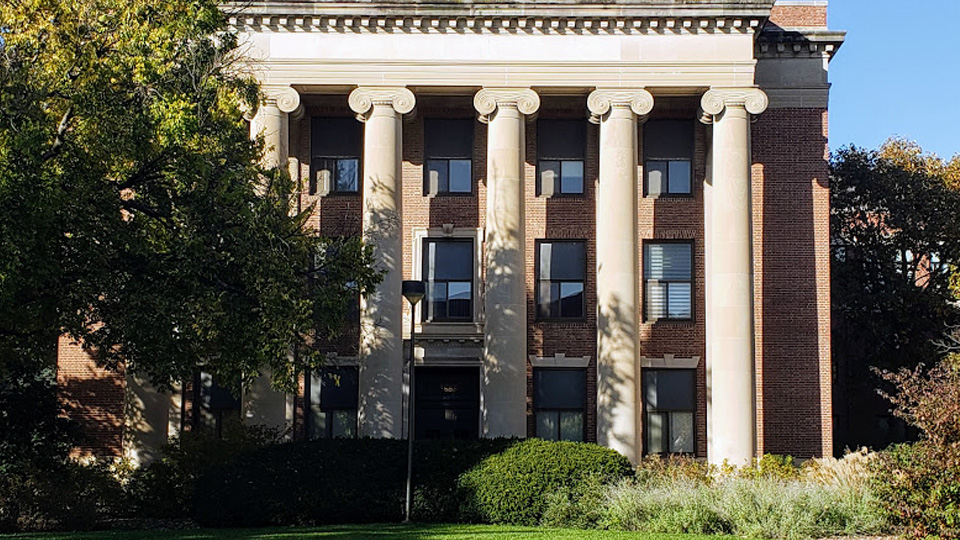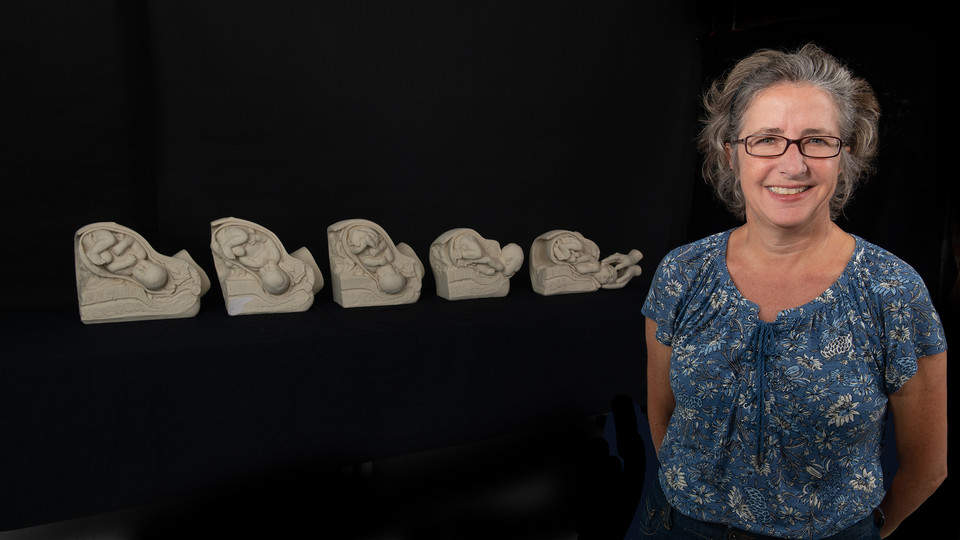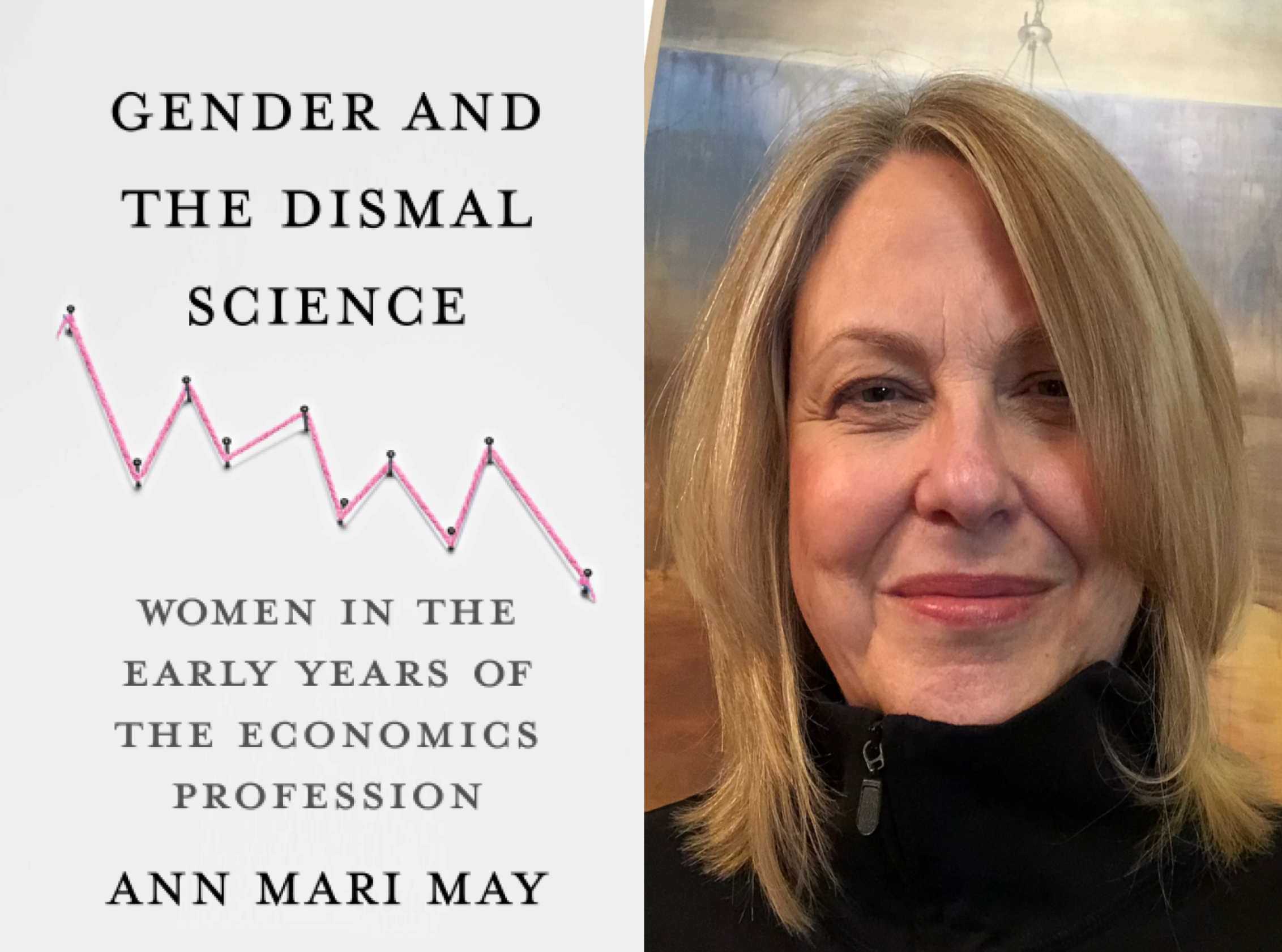
Professor Ann Mari May has recently published a book with Columbia University Press entitled Gender and the Dismal Science: Women in the Early Years of the Economics Profession.
The economics profession is belatedly confronting glaring gender inequality. Women are systematically underrepresented throughout the discipline, and those who do embark on careers in economics find themselves undermined in any number of ways. Women in the field report pervasive biases and barriers that hinder full and equal participation—and these obstacles take an even greater toll on women of color. How did economics become such a boys’ club, and what lessons does this history hold for attempts to achieve greater equality?
Gender and the Dismal Science is a groundbreaking account of the role of women during the formative years of the economics profession in the US, from the late nineteenth century into the postwar period. Blending rich historical detail with extensive empirical data, May examines the structural and institutional factors that excluded women, from graduate education to academic publishing to university hiring practices. May emphasizes the formation of a hierarchical culture of status seeking that stymied women’s participation and shaped what counts as knowledge in the field to the advantage of men.
Revealing the historical roots of the homogeneity of economics, this book sheds new light on why biases against women persist today. As Helen Lefkowitz Horowitz put it, "In Gender and the Dismal Science, Ann Mari May confronts the contemporary challenge posed by the masculinist nature of the economics profession in the U.S. by offering its history. The result is an incisive, well-documented, and thoroughly readable account of the educational opportunities and professional experiences of women economists in the United States."
ANN MARI MAY is a professor of economics at the University of Nebraska-Lincoln with courtesy appointments in history, women’s and gender studies, and agricultural economics at the University of Nebraska–Lincoln. She is the editor of The“Woman Question” and Higher Education: Perspectives on Gender and Knowledge Production in America (2008) and coeditor of the three-volume Feminist Economics (2011).
